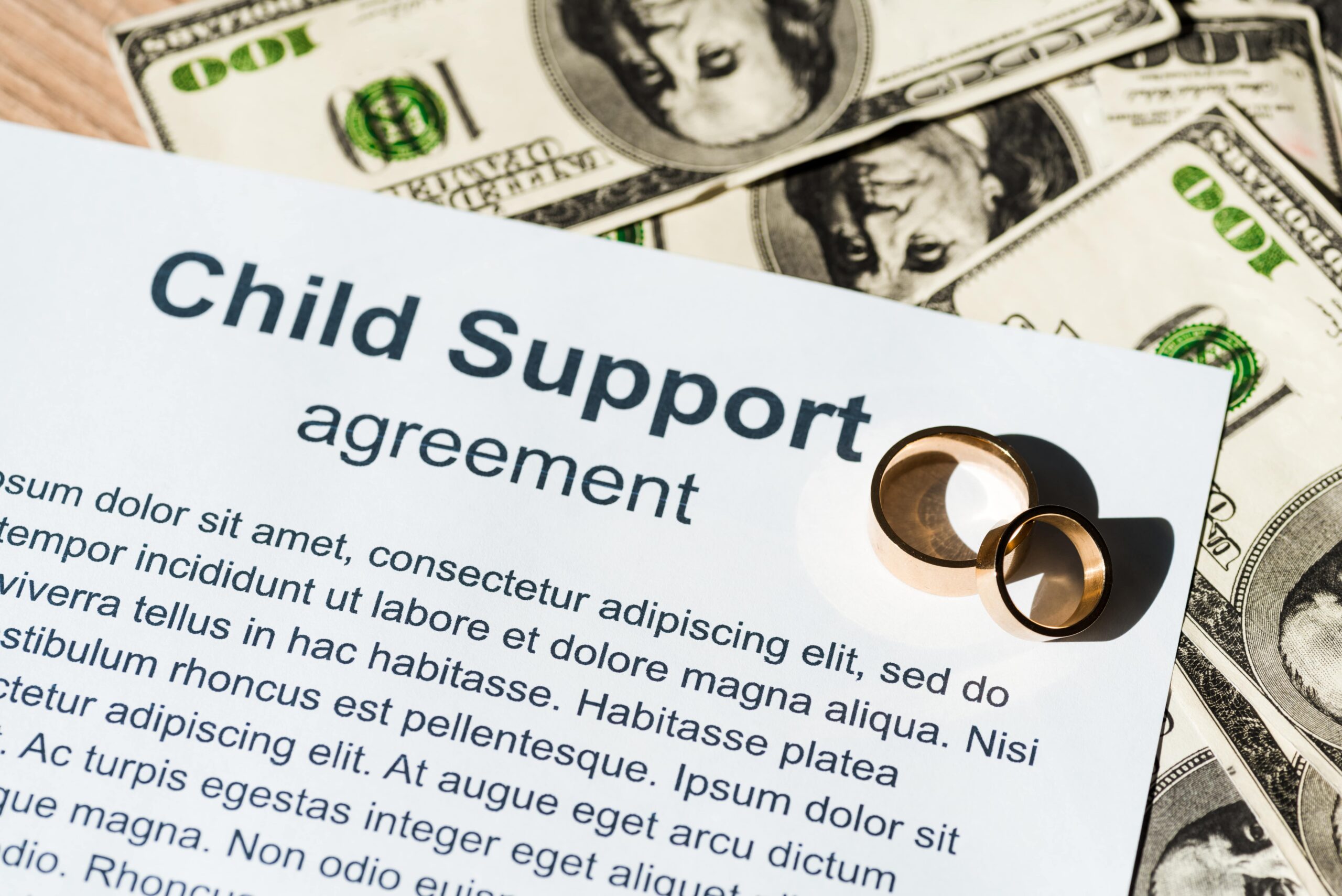Child support is crucial in ensuring the financial well-being of children whose parents have separated or divorced. In California, as in many other states, child support obligations are established to provide for the child’s basic needs, including housing, food, clothing, education, and medical care. However, child support is not meant to be a permanent arrangement, and there are specific circumstances under which it can end.
In this article, we will explore when child support ends in California, the factors that influence termination, and what parents should know to navigate this important aspect of family law.
Factors Influencing Child Support Termination in California
Understanding when child support ends is essential for both paying and receiving parents. Here are the main factors that affect the termination of child support payments in California.
Age of Majority
In California, child support generally ends when the child reaches the age of majority, which is 18 years old. At this point, the child is legally considered an adult and responsible for financial support. However, there are exceptions to this rule, and child support may continue beyond the age of 18 in certain situations.
High School Graduation
One of the most common exceptions to the age of majority rule is when a child is still in high school at the age of 18. In such cases, child support may continue until the child graduates from high school or reaches the age of 19, whichever comes first. It is essential to note that the child must be actively pursuing a high school diploma or its equivalent to qualify for this extension.
Disability or Special Needs
Child support may also continue beyond the age of majority if the child has a disability or special needs that prevent them from becoming financially independent. In such cases, the court may order ongoing support to ensure the child’s care and well-being. Parents must provide appropriate medical documentation and evidence to support this claim.
Agreement Between Parents
In California, parents can agree to continue child support payments beyond the age of majority, even without specific circumstances like high school graduation or disability. These agreements should be documented and submitted to the court for approval to ensure they are legally enforceable. Such arrangements often occur when both parents agree that additional financial support is necessary, such as for college expenses.
Emancipation
Emancipation is a legal process through which a minor becomes legally independent and is no longer under the control of their parents. Child support obligations in California typically end if a child becomes emancipated before age 18. Emancipation can occur when a minor gets married, joins the military, or becomes financially self-sufficient.
Termination by Court Order
In some cases, child support may be terminated by a court order, even if the child has not reached the age of majority. This can happen if the court finds that continuing child support is no longer in the child’s best interests. Factors influencing such a decision include a significant change in circumstances, a child’s refusal to maintain a relationship with the paying parent, or other compelling reasons.
Child’s Financial Independence
Child support may be terminated if a child becomes financially self-sufficient and no longer relies on their parents for support. This can occur if the child secures a job or other means of support that allows them to cover their living expenses.
Parental Agreements and College Expenses
While child support in California generally terminates at age 18, it’s important to note that parents can agree to continue support for college expenses or other educational costs. These agreements should be formalized and approved by the court. Parents who wish to support their child’s higher education can work together to determine the extent and duration of their financial contributions.
Factors Influencing Child Support Termination
Now that we’ve discussed the various scenarios in which child support may end in California, let’s delve into the factors that influence the termination of child support.
- Court Orders — Court orders are California’s primary determinants of child support obligations. When the court orders child support, the paying parent is legally obligated to make payments as directed. Conversely, when the court orders the termination of child support, payments must cease.
- Parental Agreement — As mentioned earlier, parents can agree to extend or terminate child support. Such agreements should be reached amicably and documented, and they can be submitted to the court for approval to ensure they are legally binding.
- Child’s Age and Status — The child’s age and life circumstances significantly determine when child support ends. Whether the child reaches the age of majority, graduates from high school, becomes emancipated, or experiences a change in circumstances can all affect the termination of child support.
- Child’s Needs and Best Interests — The court’s primary concern when making child support decisions is the child’s best interests. If it is determined that the child’s needs are adequately met without ongoing child support, the court may order its termination.
Turn to Azemika & Azemika for Legal Help With California Child Support Issues
Child support in California is a critical aspect of family law designed to ensure children receive the financial support they need to thrive. The termination of child support in California is guided by legal processes and court orders. Parents should seek legal counsel and communicate openly to navigate child support matters effectively.
At Azemika & Azemika, we understand that child support matters can be complex and frustrating. If you have questions about child support or when your child support payments end, we’re here to help. Our team of family law lawyers will ensure you understand your child support obligations before you stop paying child support.
Contact us today for a consultation.










